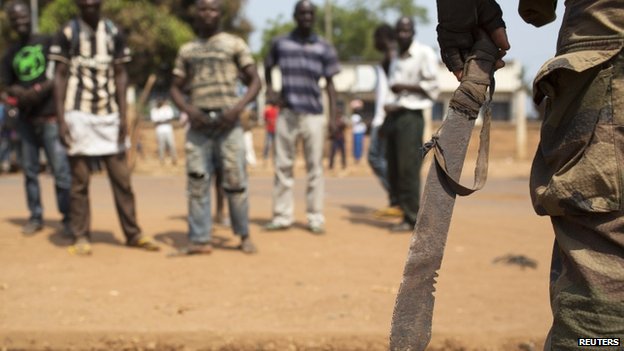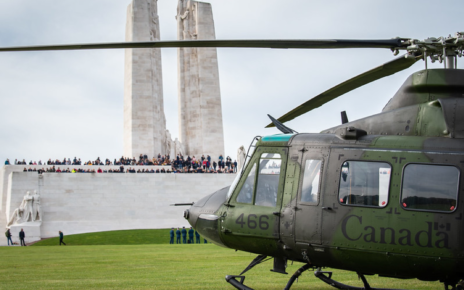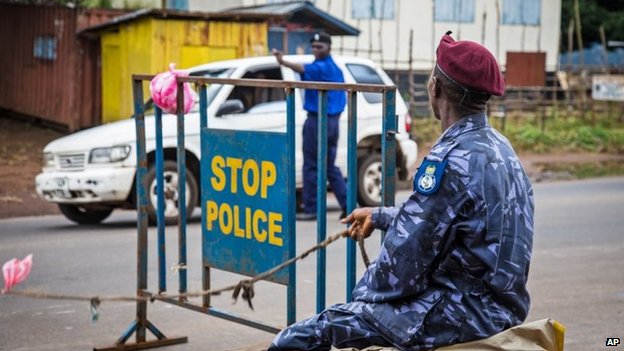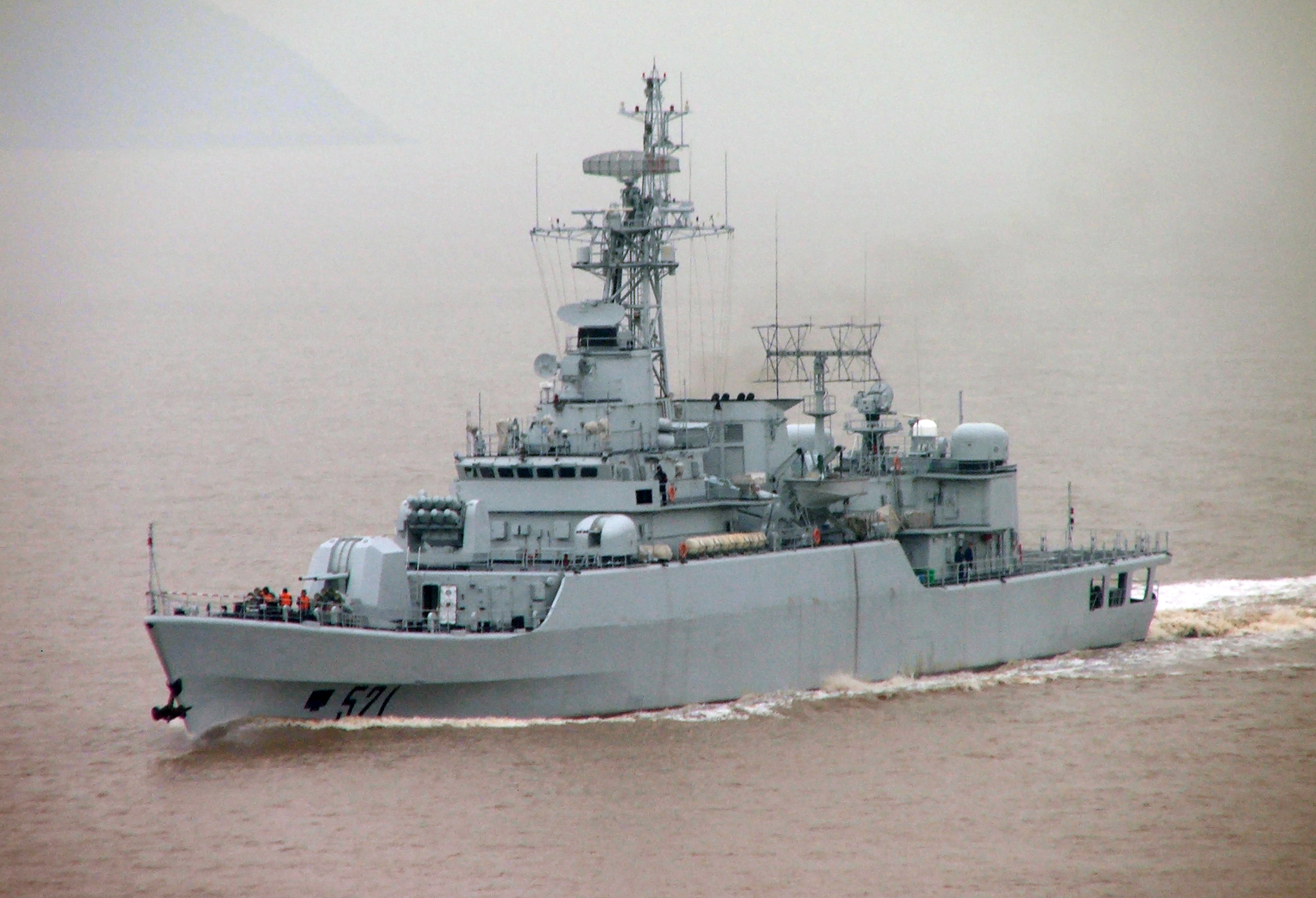The Central African Republic has been plagued by corruption, violence, and a weak economy since its independence from France in 1960, but in December of 2012 the situation intensified considerably. The Séléka coalition, a rebel faction formed out of three loosely defined anti-government militias, began to move against the CAR army and quickly made gains in the north and east of the country. By the end of December 2012, the Seleka coalition was threatening to enter the capital city of Bangui, and President Francois Bozize appealed to the international community (for an intervention), particularly France and the United States. Aid was less than forthcoming, and so Bozize began negotiations with the Séléka, incorporating the group into the CAR government but failing to implement portions of the Libreville peace agreement, signed in January of 2013.
By April of 2013, the Séléka coalition had toppled the Bozize regime and seized Bangui. The leader of the Séléka, Michel Djotodia, took over as head of the transitional government and formally disbanded the coalition. However, ex- Séléka fighters continued to operate and began a campaign of widespread violence against the civilian population that continues today.
Religious Tensions
In the last six months, the violence in the CAR has begun to take on religious overtones. The violence perpetuated by former members of the Séléka, which was a predominantly Muslim organization, in a country where 80% of the population is Christian, has exacerbated religious tensions that, before last year, had not posed a problem in the CAR. In the aftermath of the April 2013 coup, other insurgent groups have begun to form in response to the violent acts committed by ex- Séléka fighters. These groups, called anti-balakas, are composed mainly of Christian Central Africans and have been fighting ex- Séléka groups for months. This has perpetuated a climate of sectarian violence against civilians that prompted the UN to warn of a potential impending genocide.
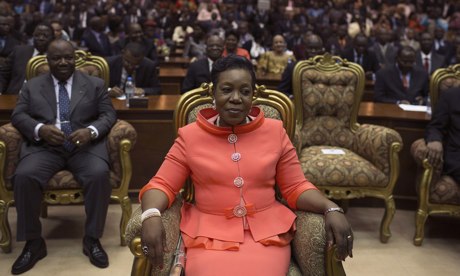
Due to criticism and mounting violence, Djotodia stepped down as interim president in early January. On the 21st, it was announced that former mayor of Bangui, Catherine Samba-Panza, was elected as new interim president.
International Response
The international community has been glaringly indifferent to the situation in the CAR, with one exception. France, the former colonizer of the region, has sent troops to the CAR with the aim of slowing the violence perpetuated by the ex-Séléka and anti-Balaka groups, to allow the CAR government to restore order and decide how to proceed with the militia groups. However, the French presence is minimal and thus far has not proven particularly effective in mediating violence.
So while there is no argument that the situation in the Central African Republic is appalling, the question that becomes relevant to the international community in general and to Canadians in particular is: what should we do about it?
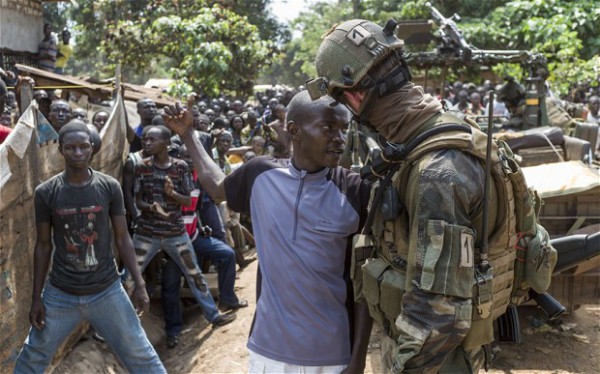
In the last few decades, the international community, through the medium of the United Nations, has been notoriously polarized on the subject of intervention. Historically, after engaging in an intervention and experiencing the military and political complications involved in such an operation, the west has shied away from any interventionist activity in the immediate aftermath. After the disastrous American-led UN mission to Somalia, the international community was extremely hesitant to get involved in the Rwanda genocide and sent a cursory force that was very ineffective in terms of stopping violence. More recently, in the twilight of the drawn out and highly criticized missions to Iraq and Afghanistan, western countries have decided almost unequivocally that intervention in Syria is not a real option.
While the cost of intervention is fairly clear, NATO and Canada must also consider the cost of not intervening in situations such as that in the Central African Republic.
However, despite general western reluctance to get involved in Syria, NATO as an organization has been slightly more active as a tool of humanitarian intervention. NATO’s involvement in Libya has been generally lauded as a successful instance of intervention; NATO has also been led less successful interventions such as the current deployment in Afghanistan. In the current political atmosphere, the western attitude seems to be one of anti-interventionism; long-term disappointment in Iraq and Afghanistan is taking precedence over short-term success in Libya.
However, while the cost of intervention is fairly clear, NATO and Canada must also consider the cost of not intervening in situations such as that in the Central African Republic. We cannot say with certainty how coordinated involvement in the CAR would affect the nation, but we can see the consequences of not intervening currently unfolding. Conditions in the CAR are devolving so rapidly and violently that the UN has called upon the international community to help restore security in the country. To that end, the United States is threatening to levy sanctions against the CAR, but given that the central government barely holds control of the capital city, and that newly-inaugurated president Catherine Samba-Panza is viewed with cautious optimism by many, it is unclear how much of an effect sanctions would have or whom they would be levied against.
Despite the recent foray into Libya that was generally considered successful, much of the international community seems unwilling to commit itself to a long-term strategy of interventionism. Due in part to the political and economic quagmires of Iraq and Afghanistan, a sense of hesitancy and compassion fatigue seems to have materialized in the west in particular. As conflict worsens in the Central African Republic, Canada and the international community will have a tough decision to make regarding their involvement.

